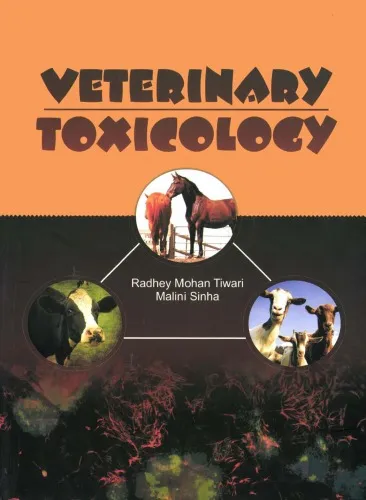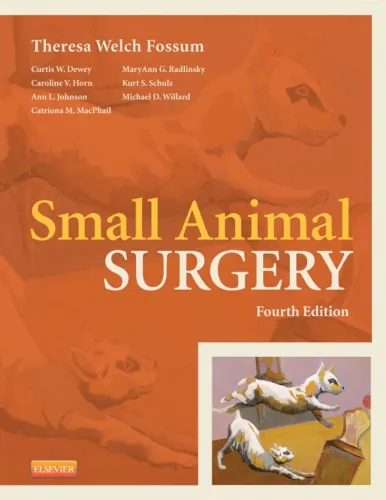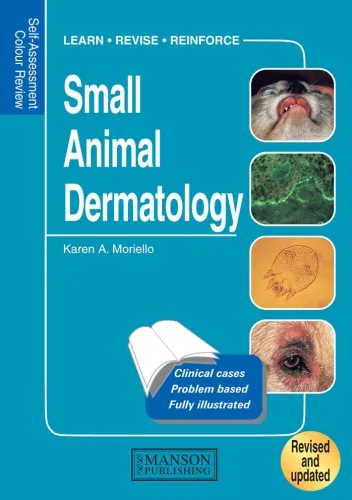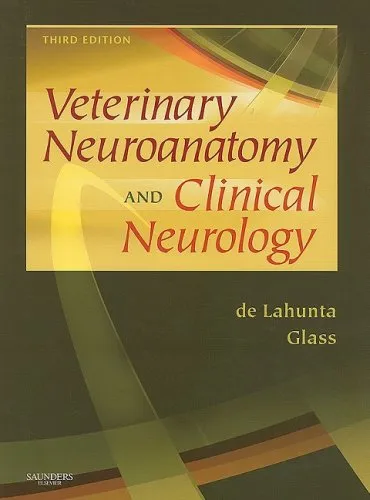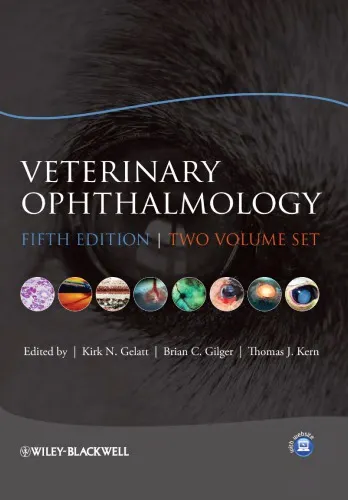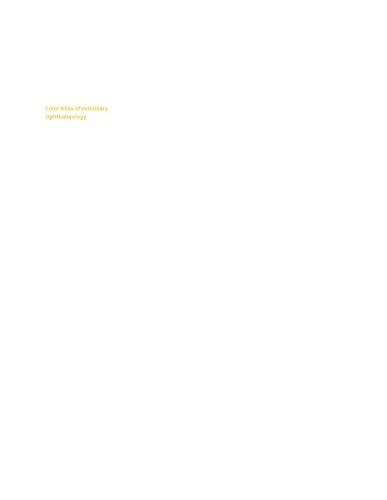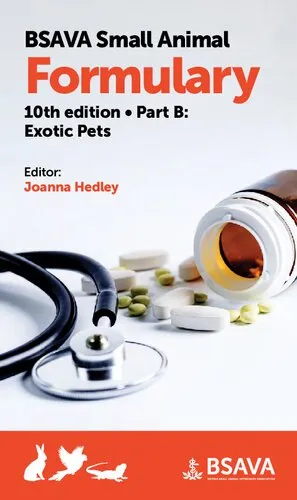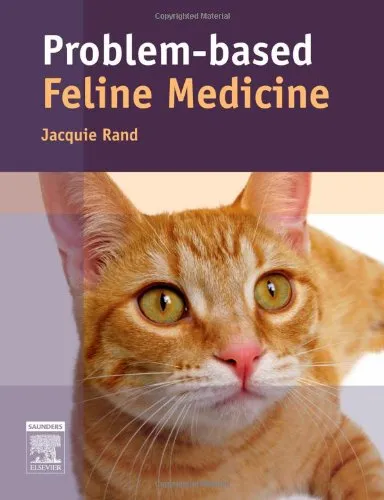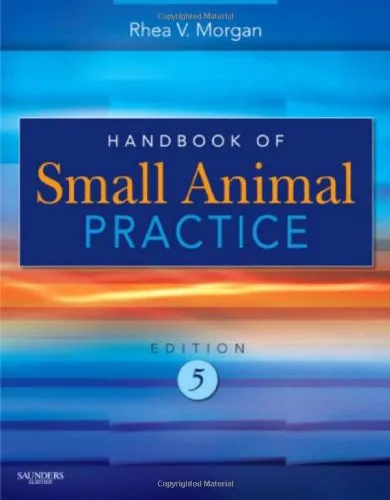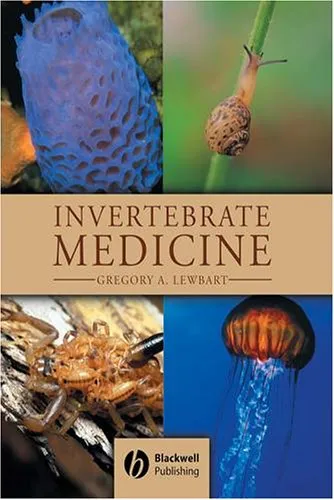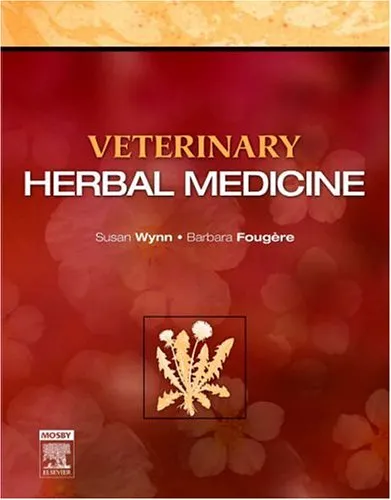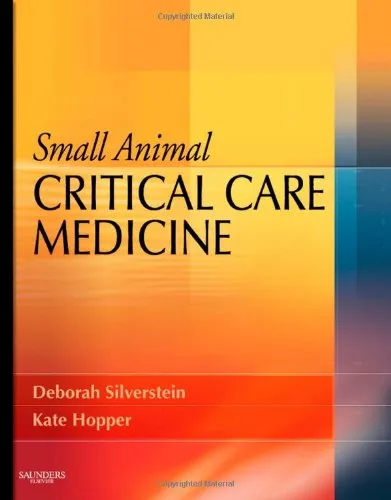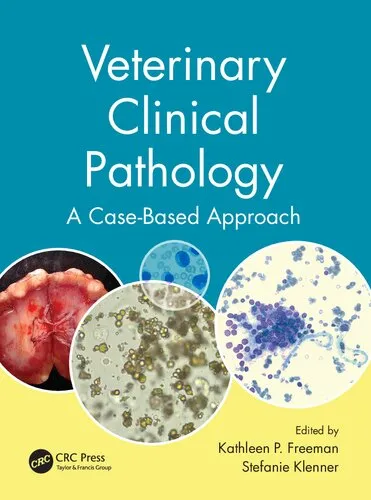Introduction to Veterinary Toxicology
Welcome to the comprehensive guide on veterinary toxicology, an indispensable resource for veterinarians, researchers, and animal health professionals. This book, authored by Radhey Mohan Tiwari and Malini Sinha, provides an in-depth exploration of toxic substances found in the natural environment and their impact on animal health. Our mission is to offer both foundational knowledge and advanced insights into preventing, diagnosing, and treating toxicological issues in animals.
Summary of the Book
"Veterinary Toxicology" is structured to provide a balanced understanding of veterinary toxicology and its clinical applications. The book covers the fundamental principles of toxicology, the nature of toxic agents, mechanisms of toxicity, and the pathophysiological processes that follow toxic exposure in animals. Key topics include the identification and characterization of toxicants, routes of exposure, diagnosis of poisoning, therapeutic interventions, and preventive strategies.
The book is meticulously organized to cater to both students and practitioners. Initial chapters focus on the basic principles, explaining what defines a toxic substance, dose-response relationships, and factors influencing toxicity. As readers progress, they delve into more specialized areas such as chemical toxicology, plant and mycotoxin toxicology, and environmental and industrial toxicants.
Advanced discussions highlight the use of cutting-edge diagnostic technologies and treatment protocols, ensuring that veterinary professionals are well-prepared to address contemporary challenges in animal toxicology. Throughout the book, real-world case studies are presented to illustrate complex situations that emphasize the critical role of veterinarians in managing toxicological emergencies.
Key Takeaways
- Understanding the core principles of toxicology and its relevance to veterinary medicine.
- Recognition and management of different types of toxicological threats, including chemical, plant, and environmental toxins.
- Insight into advanced diagnostic tools like chromatography and spectroscopy used in identifying toxins.
- Practical guidelines for implementing effective therapeutic and preventive measures against toxic exposures.
- Comprehension of legal and ethical aspects surrounding the use of toxic substances and their regulation.
Famous Quotes from the Book
"The responsibility of a veterinarian extends beyond mere diagnosis; it is about understanding the subtle, often invisible, interplay between toxins and life, and acting decisively to protect animal welfare."
"Identifying a toxin is not just about recognizing its chemical structure; it is about seeing its potential impact, assessing its threat, and mitigating its effects through knowledge and action."
Why This Book Matters
"Veterinary Toxicology" is more than a textbook; it's a critical tool for safeguarding animal health in an era where environmental and anthropogenic toxins are proliferating. This book combines theoretical knowledge with practical skills, equipping veterinary professionals to better serve their patients and contribute to the broader field of animal health sciences.
The comprehensive approach taken by the authors ensures that this book serves as a pivotal resource for educational institutions, veterinary practices, and policy makers. By addressing both basic and advanced topics, it bridges the gap between academia and real-world application, facilitating a deeper understanding of the intricate challenges faced in veterinary toxicology today.
Ultimately, this book illuminates the path forward, fostering a generation of veterinarians who are not only knowledgeable but also proactive in facing toxicological threats with confidence and expertise.
